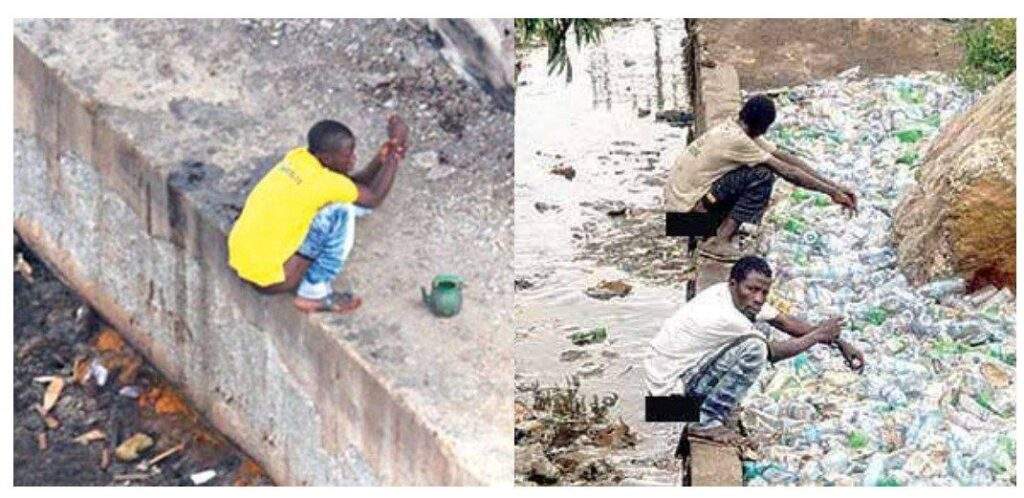In a bid to address the challenge of open defecation in Nigeria, the United Nations Children’s Fund (UNICEF) has revealed that the country needs to construct at least 3.9 million toilets annually to achieve its target of ending the practice by 2025. Dr. Jane Bevan, the Chief of Water, Sanitation, and Hygiene (WASH) at UNICEF, made this statement during the opening of the Maiden Toilet Business Owners Conference in Abuja, a two-day event.
Highlighting the current situation, Bevan pointed out that Nigeria is currently constructing between 180,000 to 200,000 toilets annually, a figure she described as inadequate. She emphasized the importance of the conference in addressing the issue of open defecation, with toilet business owners playing a crucial role in finding sustainable solutions.
In her address, Bevan also referenced the 2021 WASH National Outcome Routine Mapping report, which revealed that 48 million Nigerians still practice open defecation, while an additional 95 million lack access to basic sanitation services. The consequences of poor sanitation were also highlighted, with Bevan stating that Nigeria loses approximately 1.3% of its Gross Domestic Product (GDP), amounting to N455 billion annually, due to inadequate access to sanitation facilities. She stressed that investing in water and sanitation infrastructure results in substantial economic benefits.
Bevan called for a departure from the status quo, urging the private sector to collaborate closely with all levels of government and communities to create sustainable solutions that address the sanitation needs of underserved communities. She emphasized the role of TBOs in driving capital investment and stimulating human capital growth.
Dr. Didi Walson-Jack, the Permanent Secretary at the Federal Ministry of Water Resources, expressed optimism that Toilet Business Owners (TBOs) would complement the government’s efforts to eradicate open defecation in the country. Walson-Jack noted that Nigeria offers a conducive market for toilet business owners to thrive and achieve significant returns on investment.
The conference, organized by the Toiletpride Initiative, aimed to showcase and raise awareness about the contributions of private sanitation enterprises in scaling up sanitation service delivery in Nigeria. Chukwuma Nnana, the Executive Director of Toiletpride Initiative and the convener of the conference, identified the lack of an enabling environment as a major challenge hindering the growth of sanitation businesses. He emphasized the untapped potential of TBOs and sanitation entrepreneurs.
The event’s outcome is expected to complement existing initiatives in the water, sanitation, and hygiene (WASH) sub-sector, as well as contribute to the achievement of national and global goals outlined in the 2030 Agenda for Sustainable Development.
NAN
